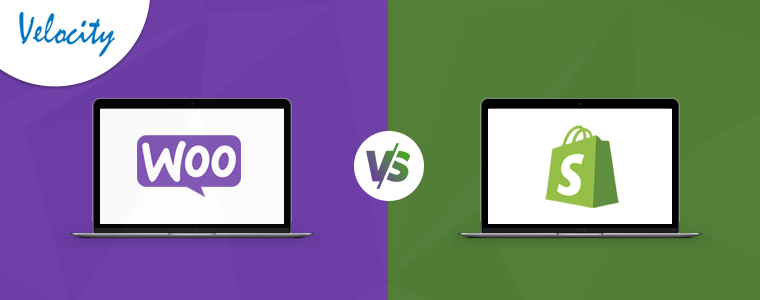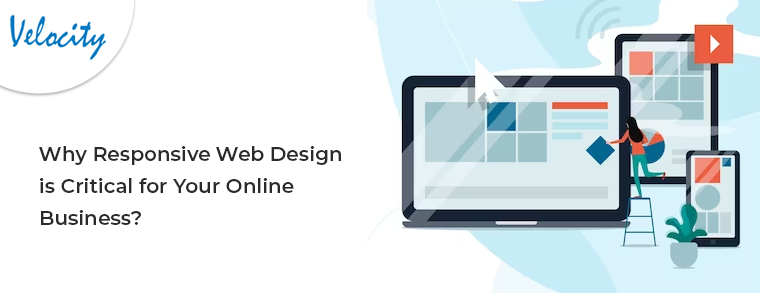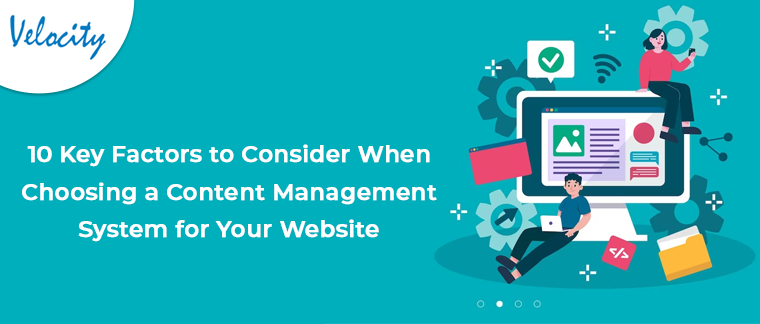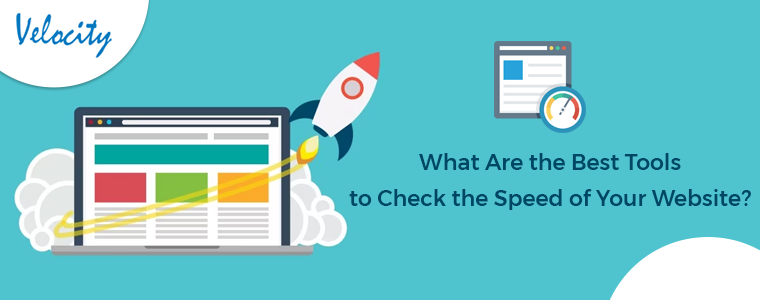A strong solution that gives merchants everything they need to create a fully functional online store is the Shopify eCommerce platform. You may quickly launch a high-quality website by purchasing a reasonable monthly membership and using the Shopify platform. Additionally, you receive access to a wealth of paid and free plug-ins, effective marketing and sales tools, and thorough customer support.
Shopify is the most reputable eCommerce platform available. Thanks to its outstanding feature set. It’s understandable why huge corporations like Red Bull, Nescafe, Heinz, GymShark, and Kylie Cosmetics use this platform to operate their websites.
Continue reading to understand why Shopify should be a top priority while creating your eCommerce enterprise to eliminate any doubts.
Top Reasons to Choose Select the Shopify Ecommerce Platform

Merchants have access to an unbeatable network of prospective partners through the Shopify Partner Program. The ease of use can not get any better than when creating an online store with Shopify. However, the most knowledgeable consultants are there to provide support, whether it be for web design & development or marketing.
The goal of all the work done by Shopify partners and specialists is to maximize the value of each eCommerce merchant’s online business.
Create a Website That Reflects Your Brand
This an unbeatable opportunity to create a website that correctly represents your business by building a Shopify eCommerce site. This is due to the platform’s broad selection of stylistic options, ability to be customized, and user-friendly interface.
Currently, Shopify offers more than 70 free and premium templates, all of which may be customized to reflect your brand. Because it is so intuitive, this solution is a web designer’s best friend. When it comes to customizing an online store to properly capture a brand’s identity, Shopify is the best option available, whether you’re using the drag-and-drop feature or coding code.
Sell Everywhere, Anytime, and To Everyone
Shopify’s extensive automation and website-management features let you offer goods and services to anyone, anywhere, and around the clock. With the wide variety of apps that are currently accessible, many processes in your Shopify store can be automated. For things like inventories, tracking profit margins, data backups, and much more, plugins are available.
Shopify has also created apps for iOS and Android phones and tablets. This enables business owners to conveniently manage their online storefronts from a smartphone. That is what it is to hold total authority in the palm of your hands.
Streamline Your Operations
Integrating your various sales channels has never been simpler thanks to Shopify’s Point of Sale (POS) technology. Merchants may sell goods offline and online with Shopify POS.
Other advantages include enabling businesses to offer their engaged clients more personalized buying experiences. Additionally, store owners can get timely access to precise stock-level information. These are simply a few additional justifications for building your eCommerce website on Shopify.
In Comparison to Other eCommerce Platforms, How Does Shopify Work Particularly?
WooCommerce vs. Shopify

In essence, WooCommerce is a plugin for the WordPress content management system and serves as an e-commerce platform. The fact that it is open-source and cost-free makes it a popular option for business owners on a tight budget. However, WooCommerce users who create online stores will be responsible for paying for hosting, the domain, security, and other costs. It isn’t as good of a deal as it first appears because of these extra costs. Furthermore, you won’t have direct access to customer support and must maintain the product on your own.
Although the Shopify eCommerce platform may cost more upfront, the fees are still extremely reasonable and are further reduced by the fact that hosting and SSL security are included. Additionally, the platform is quite user-friendly for everyday website managers as well as Shopify developers and designers. Additionally, Shopify offers outstanding scaling possibilities, and substantial customer support, and is highly customizable to fully reflect your individual brand.
Magento vs. Shopify

Despite being a robust platform, Magento requires more time to learn than Shopify. Practically, writing code is the only method to create a high-quality website on Magento. Some users become less likely to adopt the solution as a result of this. With a small bit of training, though, the platform’s extensive capabilities rapidly become clear. In addition, smaller businesses cannot afford Magento’s premium version because of its high cost.
Shopify provides potential merchants with a variety of affordable, high-value solutions that include thorough customer service. Even with all the additional assistance provided, it’s so simple to use that non-techies can also create useful, appealing websites. Additionally, Shopify manages all technical parts of the website, including hosting and SSL security.
WordPress vs. Shopify

The widely accepted WordPress content management system is used to build a huge number of websites. Although it is an obviously effective tool for creating websites, it doesn’t have any e-commerce features in its basic configuration. Business owners must include a plugin like WooCommerce in order to use WordPress as the foundation for their online store.
WordPress’ e-commerce store creation process is far less intuitive than Shopify’s. Because of this, Shopify is a substantially better choice for online stores in terms of usability, effectiveness, and efficiency.
Wix vs. Shopify

Wix is an accessible website builder that enables business owners to launch online shops rapidly. It also has a number of important technological restrictions, though. The analytical features available on Wix are basic, to begin with. Additionally, the existing e-commerce-related apps are limited, and the sales tools are imprecise. On the other side, Shopify offers thousands of eCommerce-specific plugins, unrivaled sales tools, and extensive analytics to support expanding enterprises.
Final Comments
As you can see, Shopify ought to be at the top of your list of options for developing eCommerce websites that are conversion-focused. None of Shopify’s alternatives truly compare when you take into account its customer service, price, features, and ease of use, among many other important business-critical aspects.








